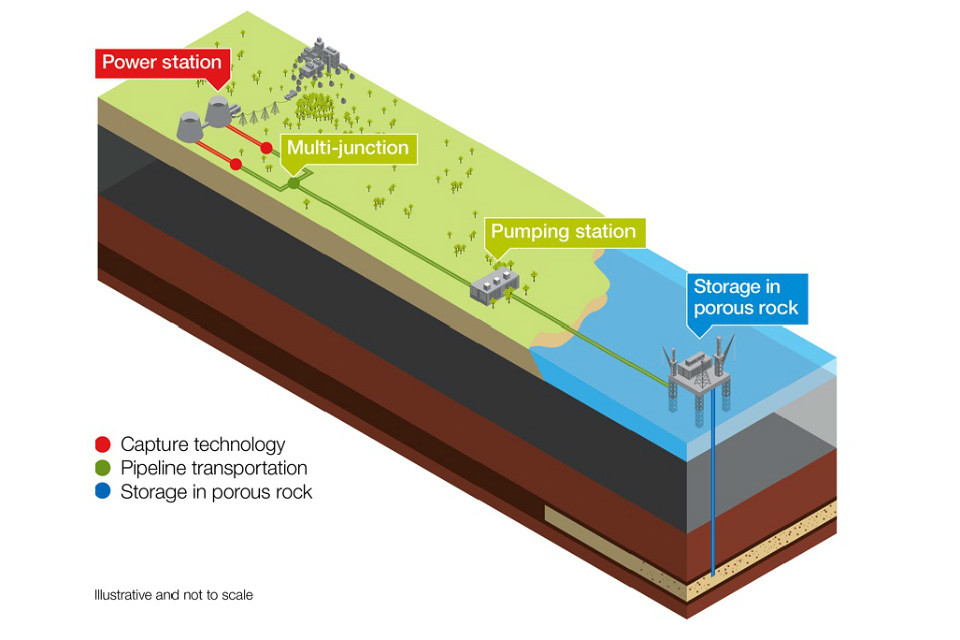
Carbon capture and utilization (CCU) is a rapidly evolving field of research and innovation that aims to address the global challenges associated with carbon emissions and climate change. In the petrochemical industry, significant advances have been made in recent years, transforming the way we think about carbon capture and its potential uses.
The Importance of Carbon Capture and Utilization
With the ongoing urgency to reduce carbon dioxide (CO2) emissions and limit the increase in global temperatures, carbon capture technologies have become essential. CCU takes the concept a step further by not only capturing CO2 but also converting it into valuable products. This approach not only reduces greenhouse gas emissions but also creates opportunities for the production of sustainable materials and fuels.
Petrochemical Advancements in CCU
Petrochemical industries have been working on enhancing CCU practices to maximize carbon utilization. Captured CO2 can be used as a feedstock in various processes to create valuable chemicals and materials such as methanol, ethanol, ethylene, and even polymers. Companies are investing in research and development to optimize these conversion techniques and establish economically viable pathways for CCU integration into their existing operations.
“The integration of CCU technologies in petrochemical processes not only helps to reduce CO2 emissions but also enables the creation of a circular economy where waste carbon is turned into valuable resources.”
– Dr. Lisa Johnson, Petrochemical Research Scientist
Enhanced Carbon Capture Techniques
To achieve efficient carbon capture, advancements in capture technologies are being made. Novel techniques like solvent-based absorption, membrane separation, and solid adsorption have shown promising results. These methods improve the capture efficiency while minimizing energy requirements and cost. Additionally, breakthroughs in material science are aiding the development of specialized catalysts and membranes that enhance the conversion of captured CO2 into valuable petrochemical products.
The Path Forward
The petrochemical industry plays a significant role in the global carbon emissions landscape, making it vital for the sector to embrace CCU technologies. Collaborative efforts between governments, researchers, and industry leaders are crucial to accelerating the adoption of CCU and unlocking its full potential.
“Investment in petrochemical advancements related to carbon capture and utilization can lead to a more sustainable future for the industry, reducing emissions while fostering economic growth.”
– John Matthews, Environmental Policy Analyst
Conclusion
As the world seeks sustainable solutions to combat climate change, harnessing the potential of carbon capture and utilization is of paramount importance. In the petrochemical sector, advancements in CCU techniques not only contribute to reducing CO2 emissions but also foster the creation of a circular economy where carbon is seen as a valuable resource. The ongoing research efforts and investment in this field signal a promising future for the utilization of captured carbon in the production of critical petrochemical products.





